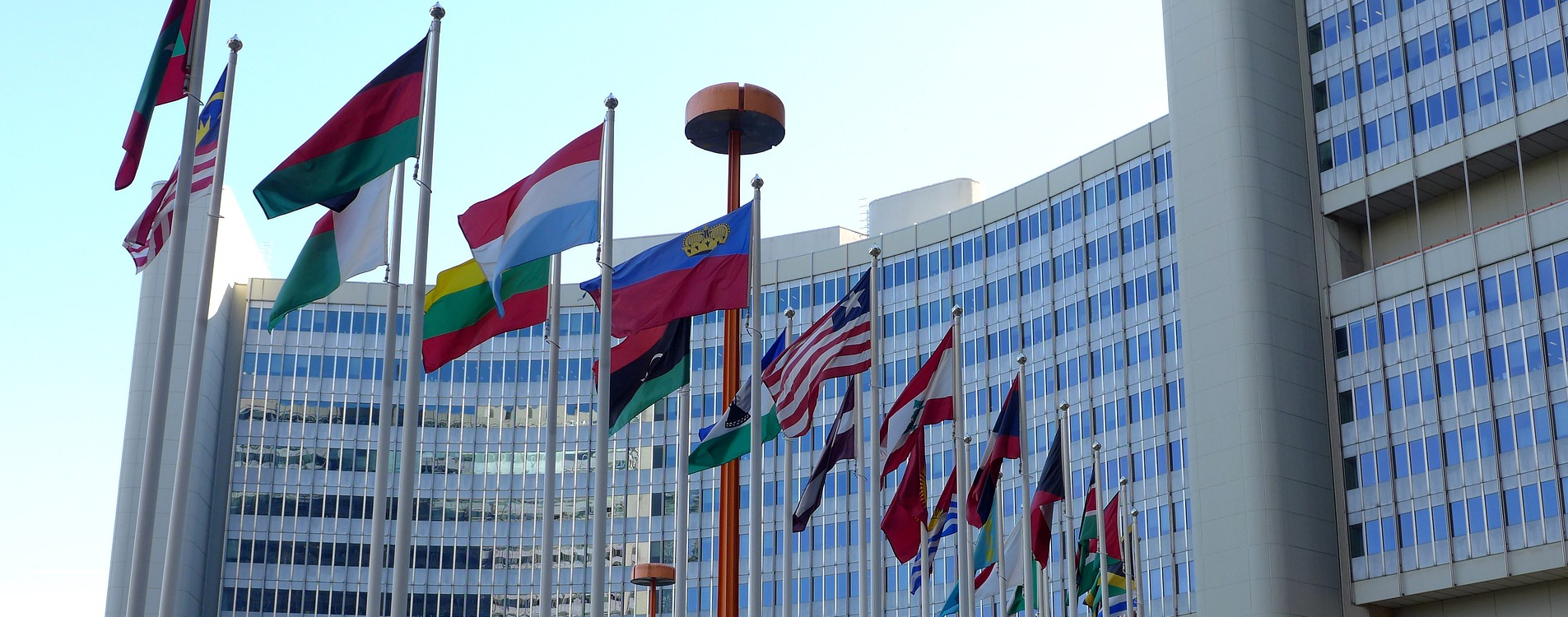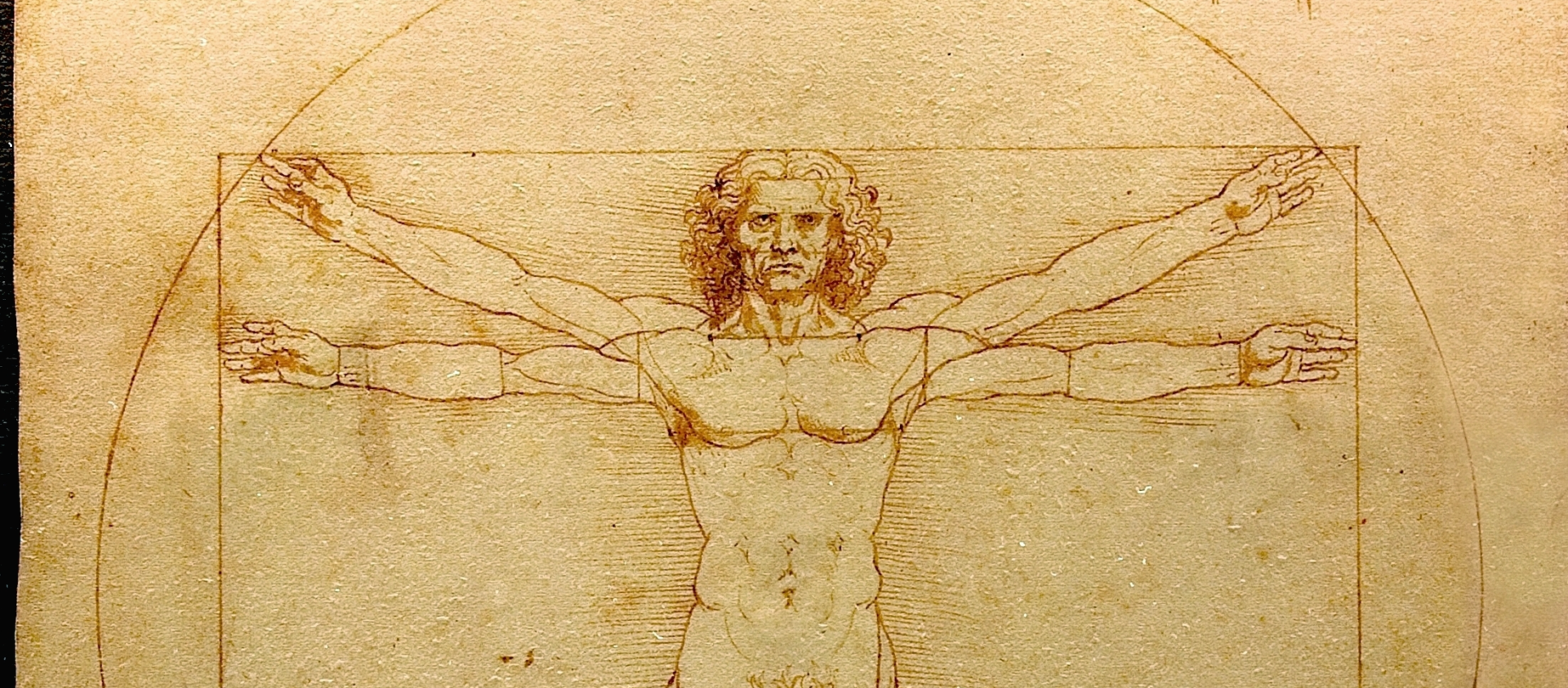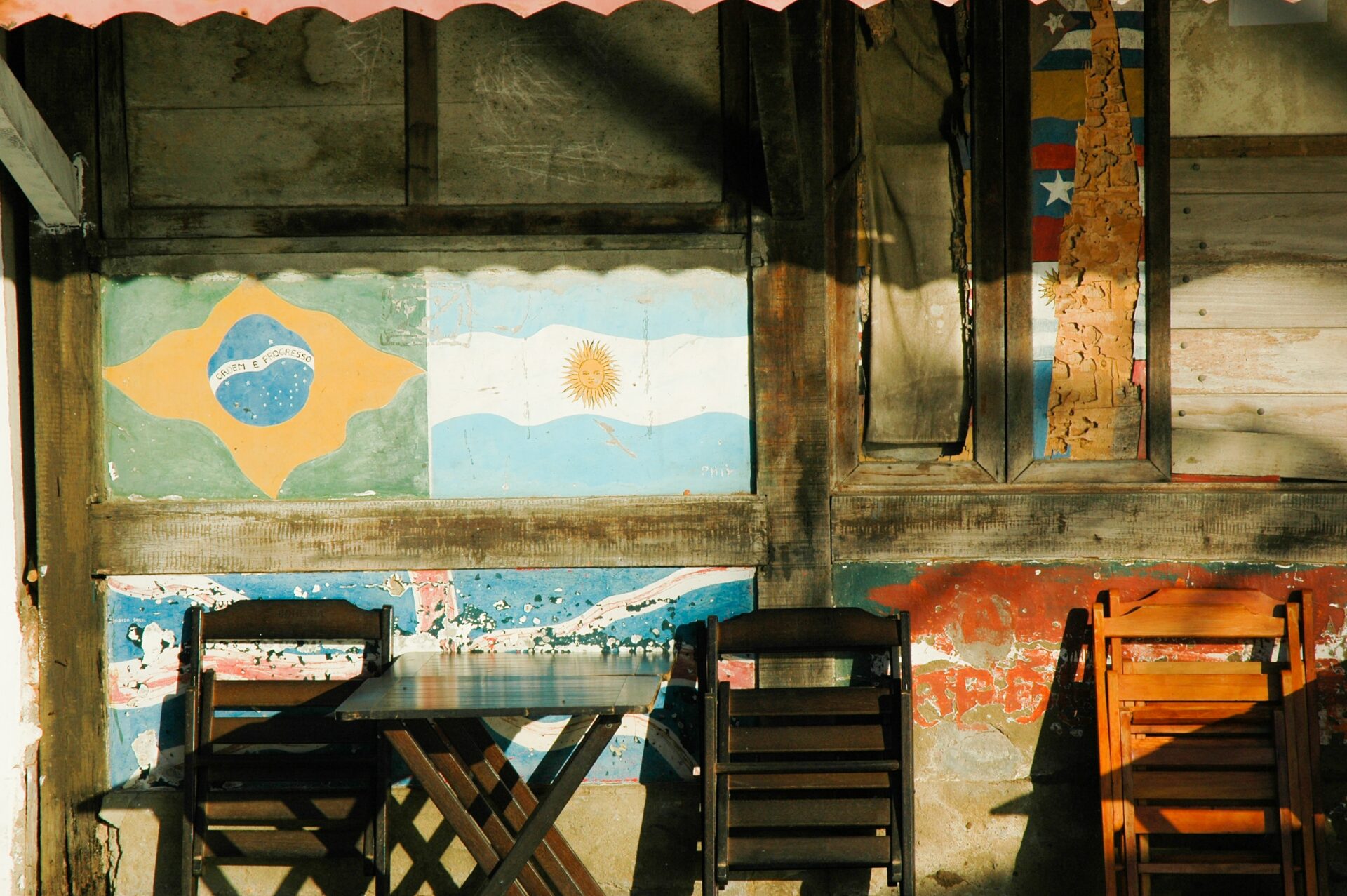Multilateralism is Key to a More Peaceful World
Humans have progressed on all fronts. Despite the rapid advancements made, the world today remains fractured. There are one too many instances of polarization, of one country against another, and leaders have often added fuel to the fire.
The pandemic’s onset witnessed increased racial conflicts, protests—and worst of all—unilateral decisions taken by many leaders across the world that only helped the virus spread more rampantly. A few countries stood out in their handling of recent events, such as Vietnam, New Zealand, and Singapore; which brings us to this question. How can we increase world peace, and learning from what the pandemic has taught us – will nations seize this moment to drive lasting change?
It is with the sincere desire to address such concerns that Horasis is organizing the Horasis Global Meeting on 08 June 2021. The one-day virtual meeting will see participation from a diverse range of people, spanning members from governments, businesses, academia, and the media to deliberate on pressing issues that are threats to world peace and arrive at solutions that can ensure a safer world.
The Fight for Might Continues Despite Multilateral Initiatives
The United Nations (UN) was formed after World War 2 to foster greater cooperation and collaboration among member countries. There are currently 193 members from a total of 195 recognized countries. This multilateral institution is a successful initiative, given there has been no global scale conflict since 1945. But what has transpired in the decades since are massive defense budgets.
Even struggling economies put aside substantial shares of their annual budgets for defense spending. Consequently, more pressing areas such as education and healthcare are given less importance. What is even more alarming is the destructive power of the combined nuclear arsenal the world holds today. If detonated, this combined firepower can destroy the planet several times over.
In simple terms, higher defense spending has been equated with greater political clout. In this regard, the US continues to lead but the US led unipolar world of the yesteryears is now fading. It is a multipolar world, with others vying for world dominance. And in this tussle, there are simmering tensions – with world peace being threatened even further.
No Replacement for Multilateralism
Following the pandemic’s onset, leaders in many countries imposed trade restrictions. The call was sounded to become more self-reliant. Citizens were encouraged to choose products or services from within their own country. The underlying logic put forward was that more domestic consumption would result in more employment opportunities being created. It would also prevent the outflow of valuable foreign exchange reserves. However, the bulk of goods and services consumed today are a result of collaboration between companies and individuals from across the globe.
There is perhaps no better example than a smartphone. This tech breakthrough is the best explanation of collaboration from diverse quarters. These devices could be designed in the US, and assembled in China with components sourced from perhaps Singapore, Malaysia, Vietnam, the Czech Republic and more.
The same goes for an automobile. Regardless of where the brand is headquartered, it will likely have its chassis developed by a German firm, its seats sourced from Italy, tires made in Malaysia, and aluminum possibly sourced from China.
Collectively, all these regions form the global supply chain. More importantly, with the democratization of most information, it is all easily available now. Therefore, when leaders attempt to polarize their populations and pit one group against another, it is a pity that more individuals are not researching and verifying facts for themselves.
Citizens must look beyond these often-biased narratives. Rather, they must leverage on the numerous benefits that collaboration across borders enable. Leaders must also exercise restraint and demonstrate statesmanship that exudes collaboration and cooperation between countries. Only then will the leaders of tomorrow be able to take forward the true spirit of multilateralism – and with it their legacies.
The European Union as the Pole Star
The most successful multilateral organization has been the European Union (EU), although populism did bring about Brexit. In the 28 years since its inception, it has delivered successes on many fronts. Trade and tourism reached all-time highs and it has contributed to the longest period of peace in European history. In fact, the EU was awarded the Nobel Peace Prize in 2012. Speaking at the event, the first President of the European Council Herman Van Rompuy said, “symbolic gestures alone cannot cement peace.” The EU has an “unrivalled way of binding our interests so tightly that war becomes materially impossible,” he added.
The words of Jean Monnet—one of the EU’s founding visionaries—ring true. He said, “Mieux vaut se disputer autour d’une table que sur un champ de bataille.” It translates to, “Better fight around a table than on a battle-field.”
Photo Caption: Flags of different nations at the UN office in Vienna.




